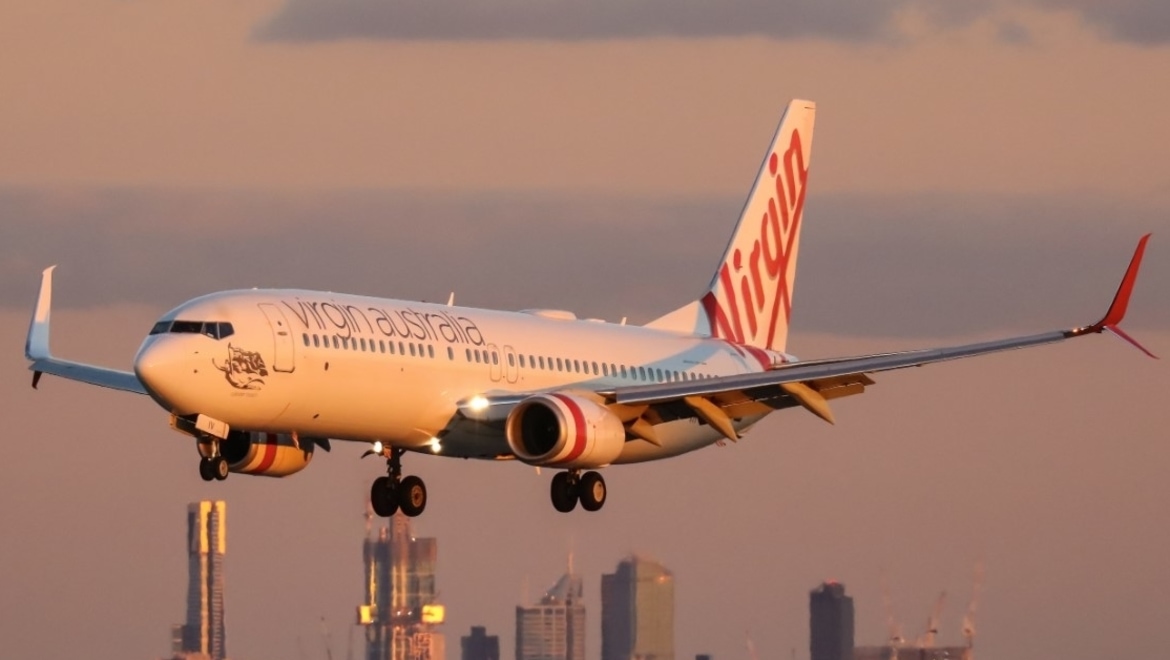Melburnian1
Veteran Member
- Joined
- Jun 7, 2013
- Posts
- 26,435
This surfaced on 'The Oz' site mid evening on Sunday 16 August 2020, so it should be in the paper tomorrow.
The Queensland govt is facing an election shortly and is under a lot of pressure, so this is the unions (TWU) exercising their usual whip hand:
(all for nought if the VA 2.0 deal collapses - the union ought be careful what it wishes for):
'The Queensland government’s $200m investment in Virgin Australia could be pulled if it is not satisfied new owners Bain Capital can maintain a “good relationship with its workforce”.
The concerns arose as a result of Bain’s indication that former Jetstar chief executive Jayne Hrdlicka would be on Virgin Australia’s new board, possibly as the chairman.
The issue is understood to have come up during weekend talks between Bain and the Queensland Investment Corporation (QIC), which is managing the government’s role in the deal.
Ms Hrdlicka had a reputation for standing up to unions in her time at Jetstar, which left her out of favour with many employee groups.
A spokeswoman for Queensland Treasurer Cameron Dick said their expectation in making the investment was that Virgin “remained a full-service airline, serving a full network in Queensland and with a good relationship with its workforce”.
“We expect board members to share that vision and governance to reflect it,” the spokeswoman said...'
(article continues but due to copyright I've only provided an extract).
The Queensland govt is facing an election shortly and is under a lot of pressure, so this is the unions (TWU) exercising their usual whip hand:
(all for nought if the VA 2.0 deal collapses - the union ought be careful what it wishes for):
'The Queensland government’s $200m investment in Virgin Australia could be pulled if it is not satisfied new owners Bain Capital can maintain a “good relationship with its workforce”.
The concerns arose as a result of Bain’s indication that former Jetstar chief executive Jayne Hrdlicka would be on Virgin Australia’s new board, possibly as the chairman.
The issue is understood to have come up during weekend talks between Bain and the Queensland Investment Corporation (QIC), which is managing the government’s role in the deal.
Ms Hrdlicka had a reputation for standing up to unions in her time at Jetstar, which left her out of favour with many employee groups.
A spokeswoman for Queensland Treasurer Cameron Dick said their expectation in making the investment was that Virgin “remained a full-service airline, serving a full network in Queensland and with a good relationship with its workforce”.
“We expect board members to share that vision and governance to reflect it,” the spokeswoman said...'
(article continues but due to copyright I've only provided an extract).
















